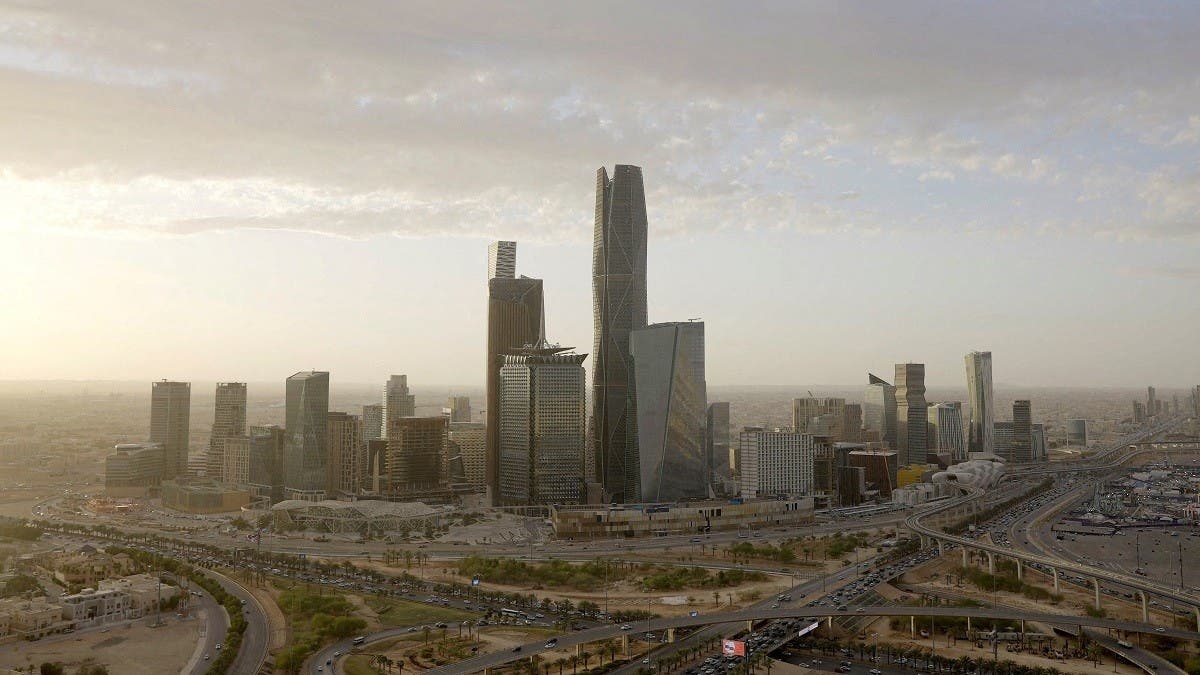Saudi Arabia’s transformation from an “oil and gas powerhouse” to a startup hub for the MENA region is “well underway,”Jonathan Ortmans, President of the Global Entrepreneurship Network (GEN), said on Tuesday as the Kingdom played host to the Global Entrepreneurship Congress (GEC).
“The Saudi ecosystem has seen transformational growth and is expecting a tenfold investment boom over the next five years,” Ortmans told Al Arabiya English.
For the latest headlines, follow our Google News channel online or via the app.
The comments were made during the four-day long start-up-focused show that was held under the patronage of Saudi Arabia’s Crown Prince Mohammed bin Salman.
Ecommerce is said to be the most attractive start-up when funding is concerned. At least 67 percent of the overall funding for Saudi-based startups in H1 2020 was ecommerce, a report published by the GEN showed.
Three years is how long Ortmans gives the Kingdom to become the financial hub of the Middle East.
Apart from ecommerce, fintech boasted 155 start-ups in 2020 compared to 10 in 2018. These start-ups raised over $168 million in the first half of 2021, a jump from $30 million in 2016, Ortmans clarified.
He credited the “young, talented and tech-savvy population” who is supported by “strong leadership from its government pursuing ambitious targets laid out in its Vision 2030.”
Lenskart, a leading eyewear retail chain, announced an expansion of their business by adding 100 outlets across the Kingdom by 2025, investing nearly $80 million (SAR 300 million) in the process.
Saudi Arabia’s market is “significantly larger than both UAE and Qatar. It is also the fastest growing,” said Sudhir Syal, Chief Business Officer of Lenskart in a statement to Al Arabiya English.
“We see an opportunity and are investing heavily in Saudi Arabia since it is the region’s largest and most advanced economy,” said Syal. He also clarified that Riyadh, Jeddah, and Mecca will see outlets in the first year of the company’s operation in the country.
As an established market leader in the fashion and optical industry, Syal shared a key component of starting a company – “hiring the right talent should be a priority because it really is a huge contributor to success.”
This falls within the Kingdom’s Vision 2030 goals of supporting local talent.
Lenskart’s Syal aims for more than 500 jobs created in five years across warehousing, logistics, retail, and technology sectors, according to the statement.
As for GEN President Ortmans, he hopes to see the Kingdom “embrace the potential of new space industries and astropreneurs. We are encouraged to see the formation of the Saudi Space Agency and see great potential for the Kingdom.”
The GEC is held yearly across various financial hubs. Ortmans said that Riyadh was picked for the 2022 edition because “Saudi Arabia has set a new pace to match as a breakthrough ecosystem and a hub for innovation, making it a natural fit…”
The event brought together investors, policy makers, and community leaders from around the world to help rebuild the pandemic-stricken global economy.
Apple co-founder Steve Wozniak and former Netflix CEO Marc Randolph were among 150 speakers, comprising entrepreneurs, investors, experts, and decision-makers from 180 countries addressing more than 100 discussion sessions during the GEC.
On the second day of the event, agreements to support entrepreneurship in the Kingdom are said to have reached more than $7.7 billion, according to various media reports. At least six new licenses and two MoUs were issued and signed at the event.
In 2020, Riyadh’s startup ecosystem was valued at $1 billion (USD), with total early-stage funding hitting $146 million (USD), according to the 2021 Global Startup Ecosystem Report.
The GEN, meanwhile, has onboarded Saudi Arabia onto a network of 85 national operations that run programs and build local entrepreneurship ecosystems.
A board of directors overseeing the induction will be headed by Marwan Jamal, a veteran in the entrepreneurial and start-up ecosystem.
Read more:
Saudi Arabia to open a railway that reaches Jordan’s borders
Saudi Arabia deposits $5 billion in Egypt’s central bank: Report
Saudi Ministry of Commerce wins Compass Award at GEC for entrepreneurship efforts


 World3 years ago
World3 years ago
 World3 years ago
World3 years ago
 Business1 year ago
Business1 year ago
 Entertainment8 years ago
Entertainment8 years ago
 World8 years ago
World8 years ago
 Entertainment8 years ago
Entertainment8 years ago




